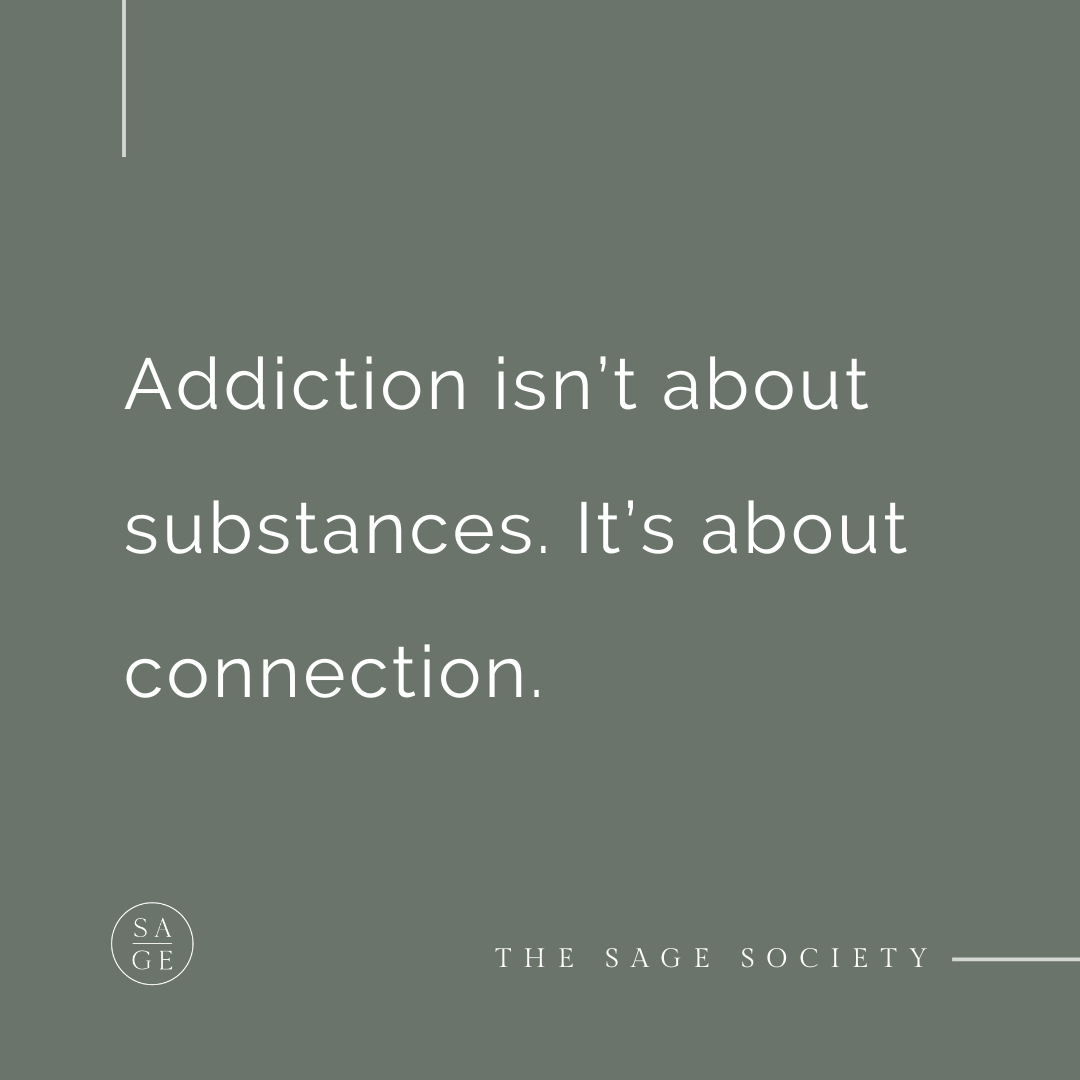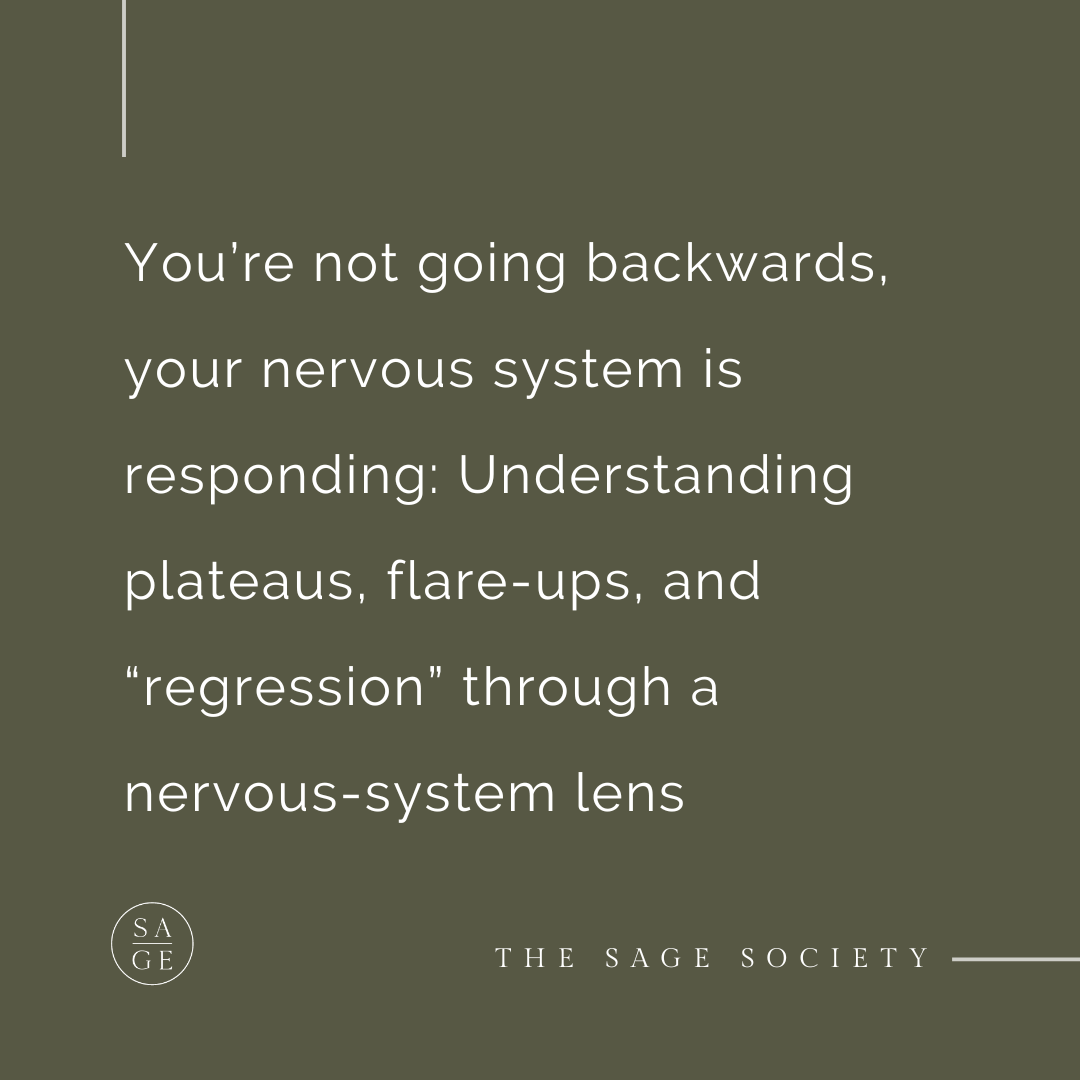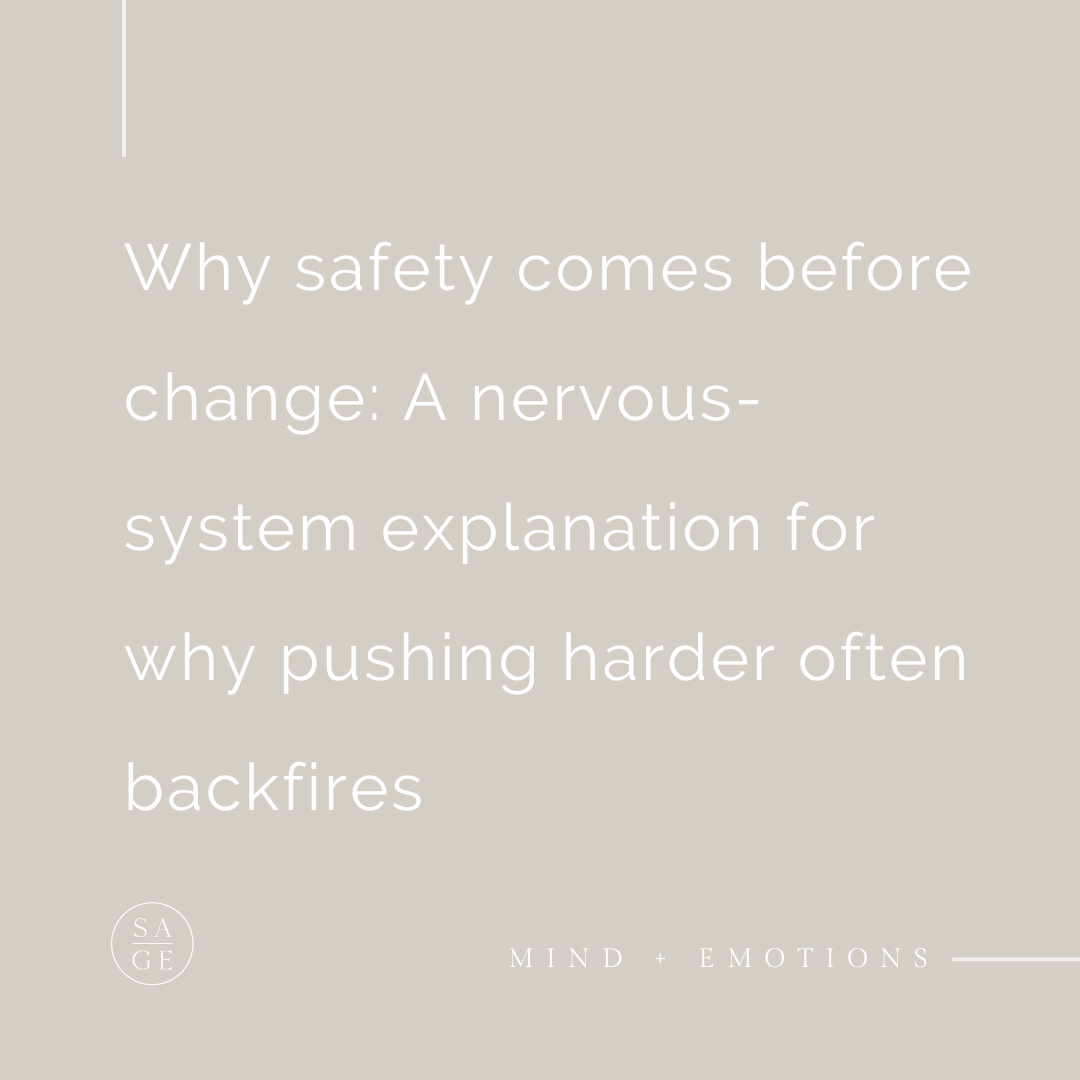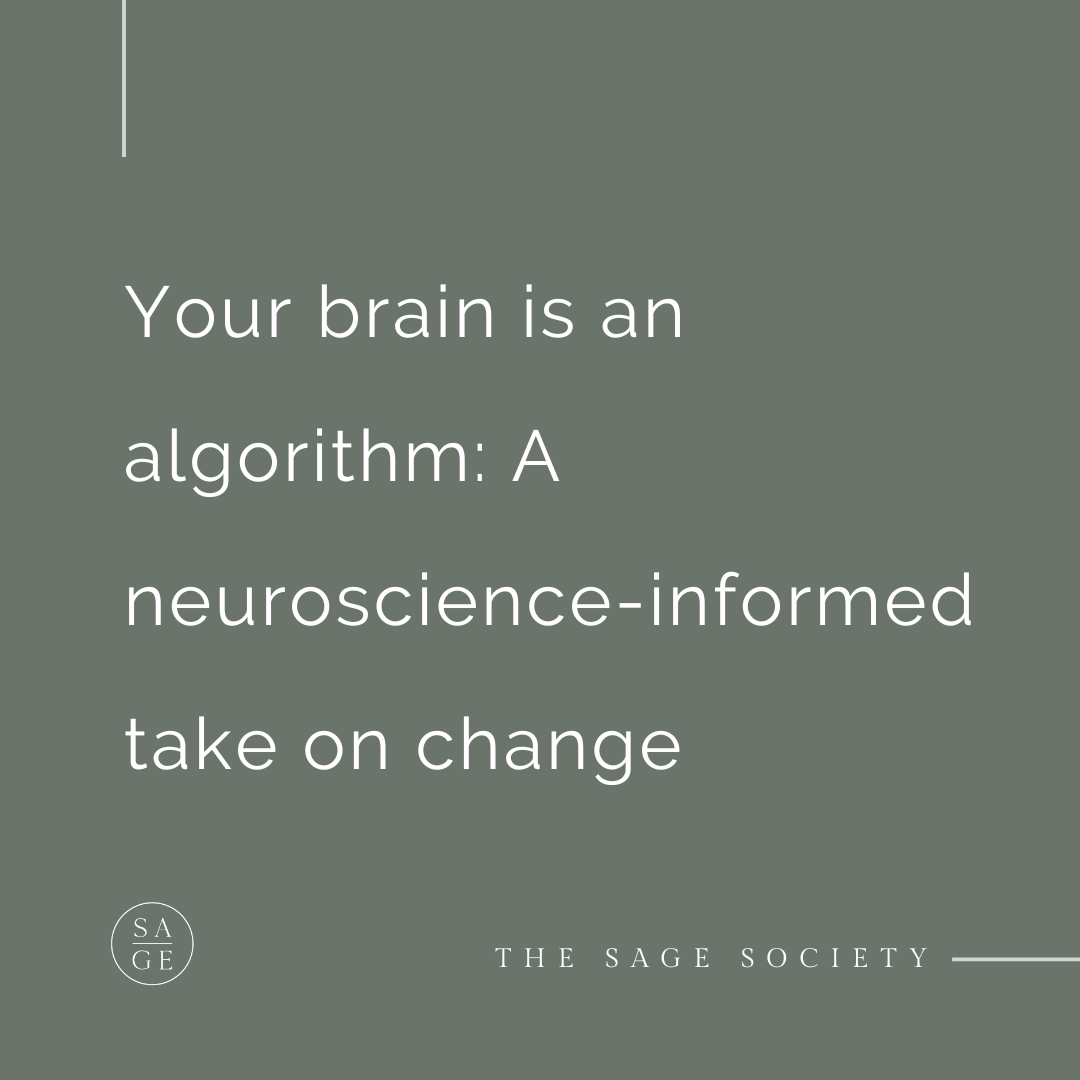Failure to Launch: How to move past procrastination
When I was about to launch The Sage Society, my Dad told me…
“90% of all businesses FAIL…”
My heart was stuck in my throat and my inner voice started screaming, “see, he thinks you’re going to fail, that this idea is CRAZY and it’s never going to work!!”.
He then completed his sentence with…
“…and the 10% that succeed, do so because they persevere, and I know you’ll persevere because that’s what you do”.
Thank goodness that was the ending right?
Even though my Dad’s pep talk ended up being a warm and fuzzy moment, after he uttered the words FAIL my days of letting my fear of failure dictate my course started to stir.
Especially because my Dad’s words were pretty much bang on the money —the stats around individuals actually following through with their resolutions is even lower, sitting at a measly 8 percent. That’s right, only 8% of the population follow through!.
And do you know where the majority sit? They sit somewhere between INTENTION and ACTION. In other words, they fail to launch.
So why is that?
Well surprisingly 20 percent of the population are “habitual procrastinators”. This is you if you chronically AVOID tasks, especially difficult ones, and distract yourself to distance yourself from the discomfort.
Now don’t get me wrong, we all have moments where we put things off, hello laundry pile, but when procrastination is a regular in your life, it takes a darker turn.
Because really it becomes a dance in self-deception.
Where it feels safer or easier to not try; to not launch towards where you want to be, because the prospect of failing, or of it not being ‘perfect’, or ‘good enough’ is a far heavier weight to sit with than the uncertainty of what might come next.
Procrastination isn’t so much a productivity issue, it’s an emotional one.
Joseph Ferrari, a Professor of Psychology puts it beautifully,
“To tell the chronic procrastinator to just do it would be like saying to a clinically depressed person, cheer up.”
What the research tells us
When you procrastinate your brain becomes overwhelmed with conflicting emotions and there are some key players that may be showing up for you, such as:
A Fear of Failure: You worry the outcome won’t be perfect, that it won’t be good enough. This can also be coupled with a fear of rejection, which only heightens your distress associated with it.
Impulsiveness: You get distracted by sexier activities that pop up rather than sitting with the discomfort of doing the task - hello Sex/Life binge fest!
Denial: It’s a natural response that when you don’t like doing something, you try to remove it from your mind - despite the fact that that almost never works. More than this, denial really is another way of saying that you’re lying to yourself.
Resistance: When you feel forced to do something, it’s a natural psychological response that you will resist it. Think about when you ask your kids to do something they really don’t want to do?... does the word NO get fired back at you? This is what comes up with procrastination too.
Thanks to the researchers we know that those uncomfortable feelings actually promote procrastination. Yup. They ENHANCE it.
Because when you feel worse, you’re more likely to avoid what you need to do. Because distracting yourself with say, I don’t know, another escape into the Brad/Billie/Cooper saga feels so much better!
But when you continue to shut down these feelings, to try to out run your discomfort, it only worsens.
As I said, procrastination isn’t so much about how you manage your time, it's how you manage how you feel about you.
Procrastination = An issue with emotional regulation.
Manage your procrastination by trying these techniques:
Practice acknowledging what's happening (without judgement). This awareness is the first step towards managing your procrastination.
Offer yourself some compassion instead of beating yourself up when you find yourself in a deadline situation. Better yet, express what you're struggling with to someone you trust - you never know, they might even be able to offer some productive strategies with what you're struggling with.
Try journaling and get some distance from those worries. Pause and reflect and ask yourself, what emotions are getting in my way?
Support yourself into momentum. When you get a couple of wins on the board you’re going to feel more confident about continuing.
Avoid shooting for the moon right away - when things feel too big you’ll likely slip into procrastination, so keep things manageable.
So to put procrastination in your rear-view mirror, the practice comes down to learning to BE with your emotions (this is emotional regulation 101) and offering yourself some kindness along the way.
Research has shown that when you forgive yourself, rather than criticise after an act of procrastination, it leads to less procrastination in the future.
Better yet - by becoming more self-compassionate, those former procrastinators experienced less fear of failure, allowing them the space to leap further and take more action.











